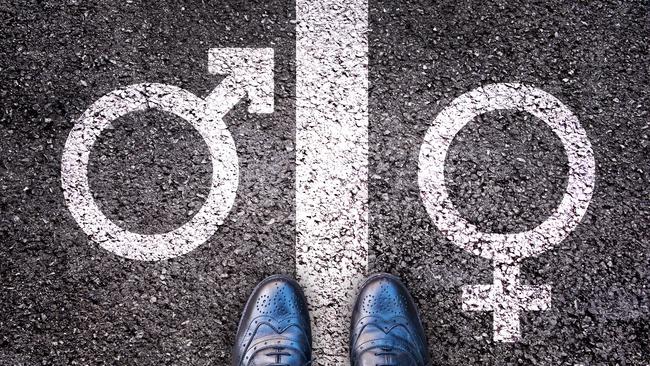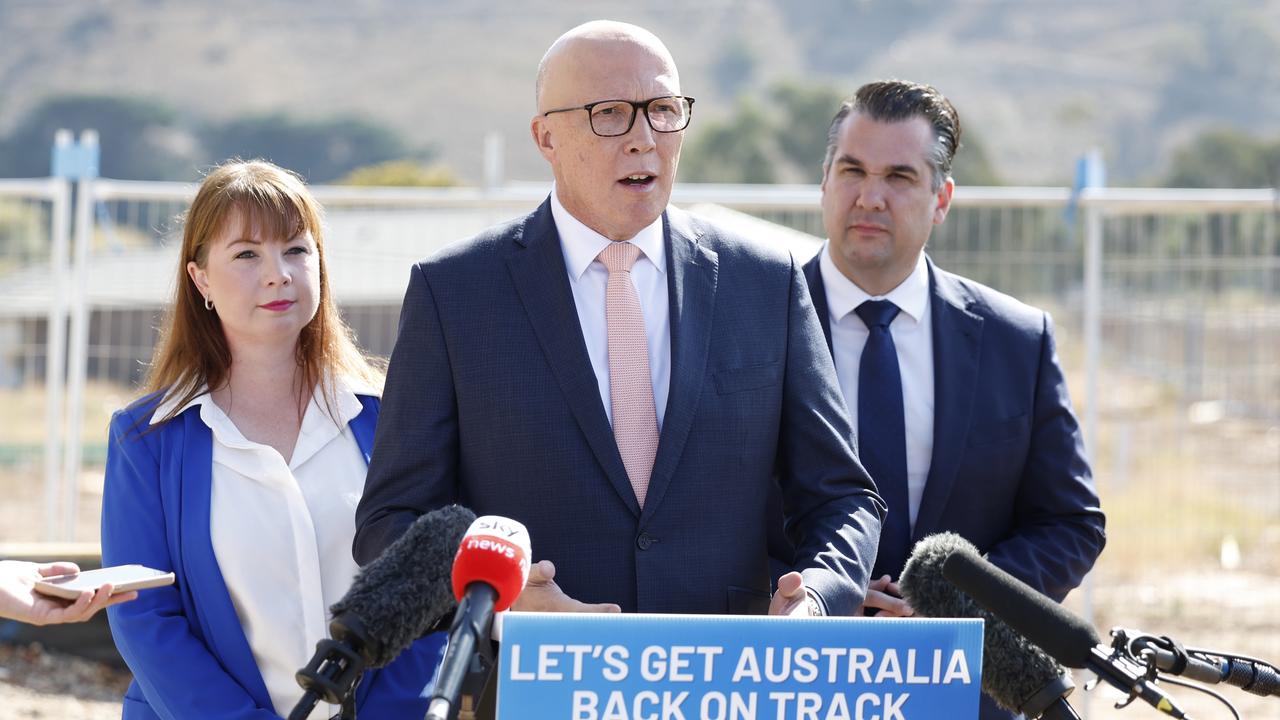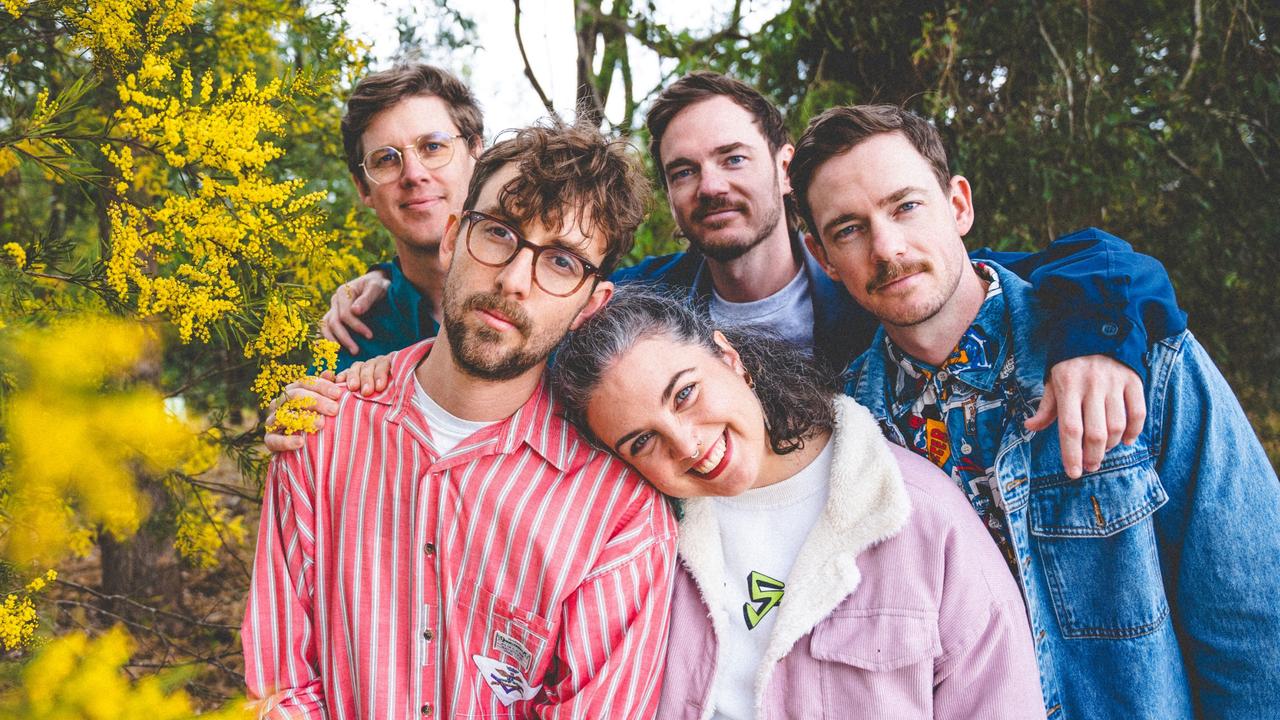Transgender clinic’s bid to operate on girls under 17
Australia’s biggest youth gender clinic wants to start surgery on teenage girls under the age of 17.

Australia’s biggest youth gender clinic wants to start surgery on teenage girls under the age of 17 and to lock in long-term funding increases that will survive beyond Victoria’s pro-transgender Andrews government.
In unreported evidence to the state’s mental health royal commission, clinic director Michelle Telfer from the Royal Children’s Hospital in Melbourne reveals that about two-thirds of last year’s record new referrals are girls past puberty who identify as boys, with “many” asking for “chest reconstructive surgery”.
RCH and the government have refused requests from The Australian and the opposition for basic patient data.
Dr Telfer told the commission in July mastectomies improved the mental health of trans boys, citing a study led by high-profile US gender clinician Johanna Olson-Kennedy who reportedly argues breast tissue is not healthy “if it’s creating a lot of distress” and says any regretful girls can get breast implants later.
Dr Telfer calls for surgery to complement hormone treatment at RCH and “secure, long-term” public funds to meet rising demand, with “a whole (new) population” of “vulnerable” trans children who can be “supported” through school when both parents oppose gender change.
The Telfer clinic, which takes patients up to age 17, does not currently offer surgery.
Last week, the Andrews government endorsed the idea of a mental health tax after the royal commission’s interim report painted an “alarming picture” of LGBT mental health, citing testimony from Dr Telfer and others.
In her evidence, she says: “Given the politicisation of gender diversity and of (trans) child and adolescent healthcare in particular — as seen with the Safe Schools (program) nationally and the marriage equality debate — clinicians and the (trans) community share concerns of funding sustainability with changes in governments.”
Dr Telfer says her clinic has spent the $6m in special funds it was given by the government in 2015, and without extra money may cover only a third of its costs, which include reaching out to schoolchildren whose parents, cultures or religions may not approve gender transition.
She suggests trans youth are more expert than mental health clinicians when it comes to diagnosing their gender dysphoria, the condition of severe distress about one’s biological sex that unlocks access to medical treatment.
“A trans identity is something that’s so innately personal that really only that young person or adult (knows) about their gender and whether that’s a problem or not for them,” she says.
There is global concern about the safety and ethics of trans medical treatment amid a spike in atypical teenage patients, mostly girls, diagnosed with dysphoria.
Critics say the influence of pre-existing issues — including mental health problems, autism, same-sex attraction, and family trauma — is not properly investigated by gender-focused clinics.
Dr Telfer says her hospital has the expertise to start trans mastectomies but lacks the money.
“There are also no private surgical services available for (trans) adolescents under 18 in Victoria, leaving them with no option but to seek chest reconstructive surgery interstate or overseas,” she says.
In 2016, the Family Court gave the go-ahead for a “mature” 15-year-old trans boy in Sydney to have a double mastectomy. That year, Dr Telfer’s expertise was invoked by a Labor MP who said the clinician backed a bill to remove surgery as a requirement before the issue of a trans birth certificate and had reportedly pointed out “it is illegal for young people under 18 to undergo gender-changing surgery (and) often not desirable for a child”.
In July, Dr Telfer told the commission that surgery was “an integral part of the transition process for trans males” and cited three overseas studies.
National Association of Practising Psychiatrists president Philip Morris, speaking in a personal capacity, said the weak evidence presented by Dr Telfer “does not indicate at all that the surgical approach is better than supporting the child without breast removal”.
“I am concerned about the welfare of children — we have to be very sure that what we’re doing has the strongest evidence base available, particularly with medical and surgical interventions that are virtually impossible to fully reverse.”
Dr Telfer’s evidence did not mention international criticism of the 2018 RCH treatment standards, a 2011 Swedish study showing post-surgery trans adults had suicide rates 19 times above the general population, a 2015 Dutch study reporting worrying levels of uncertainty among clinicians about the safety of puberty blocker drugs that can lead on to surgery, or the trend of regretful young adult “detransitioners”.
The Australian sought comment from Dr Telfer and RCH.



To join the conversation, please log in. Don't have an account? Register
Join the conversation, you are commenting as Logout